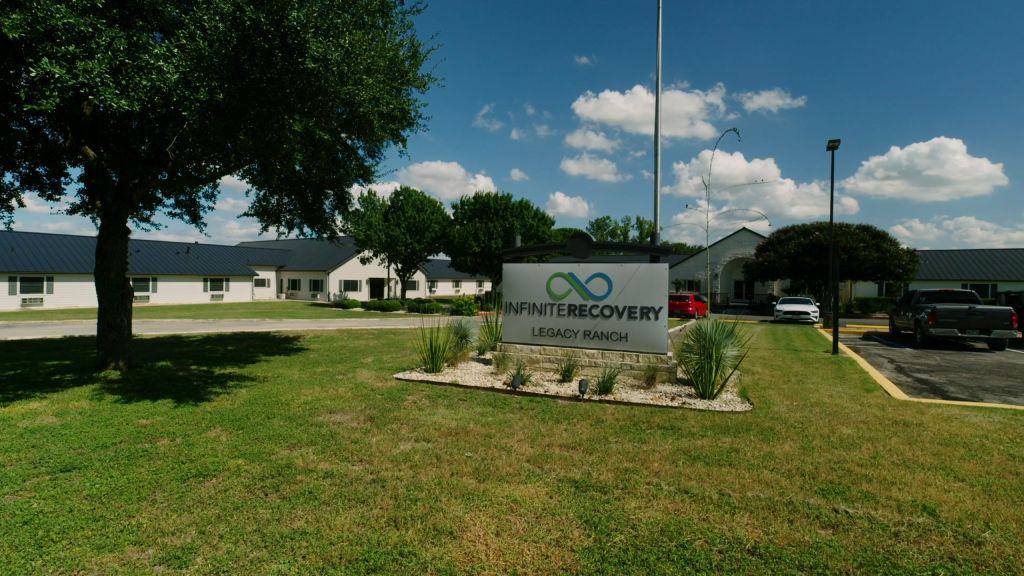Table of Contents
TL;DR:
- Inpatient rehab offers 24/7 care, intensive therapy, and a structured environment, ideal for those needing focused support and a break from triggers.
- Outpatient rehab provides flexible therapy sessions while living at home, allowing for continued daily responsibilities and a gradual return to normal life.
- Consider personal recovery style, home support system, and readiness for change when deciding between inpatient and outpatient.
- Seek guidance from professionals to determine the most suitable treatment plan based on individual needs.
If you or someone you care about is struggling with addiction and mental health challenges, you probably have a lot of questions. One of the biggest is, “What kind of treatment is right for me?”
Choosing between inpatient vs outpatient rehab can feel overwhelming, but it’s an important step toward recovery. You might be wondering: Is one more effective? Which option fits my lifestyle?
This blog will break it all down, covering what each approach involves, their benefits, and how to figure out which one makes the most sense for you. The goal is to help you make a confident, informed decision on your path to healing.

What is Inpatient Treatment?
When it comes to rehab, inpatient treatment is a great choice for those who need a highly structured and immersive approach. It involves living full-time at a treatment facility for a set period, providing 24/7 care and a focused environment for people dealing with addiction.
Inpatient programs typically offer a full range of therapies and services. If needed, treatment starts with medical detox to safely manage withdrawal. From there, individuals participate in one-on-one counseling, group therapy, and educational sessions to build coping skills and self-awareness.
Many programs also incorporate holistic therapies like yoga, meditation, and art therapy to support overall well-being. The intensive nature of inpatient care helps individuals dig deep into the root causes of their struggles, creating space for real growth and lasting change.
Key Benefits of Inpatient Rehab
- 24/7 medical and emotional support: You’ll have immediate access to healthcare professionals and support staff.
- Intensive therapy and recovery focus: A structured schedule accelerates healing and progress.
- Stronger coping skills: Participants learn and practice techniques to manage cravings, emotions, and challenges.
What is Outpatient Treatment?
Unlike the immersive setting of inpatient care, outpatient treatment offers a more flexible approach to rehab. With this option, individuals attend scheduled therapy sessions and support groups at a treatment center but continue living at home. This setup allows them to keep up with work, school, and family responsibilities while still getting the help they need.
Outpatient programs typically include individual therapy, group counseling, and support groups. The number and length of sessions vary depending on the person’s needs and the program itself.
Some programs, like intensive outpatient programs (IOPs), involve more frequent and longer sessions, while standard outpatient care requires fewer weekly appointments. This flexibility makes outpatient treatment a great option for those with mild to moderate addiction challenges or for people transitioning out of inpatient rehab.
Key Benefits of Outpatient Rehab
- Keep up with daily responsibilities: You can maintain work, school, and family commitments while getting treatment.
- More affordable than inpatient care: No room and board costs can make outpatient programs a more budget-friendly option.
- Easier transition back to daily life: A gradual step-down approach supports long-term recovery.
- Ongoing support: Regular therapy and group sessions help reinforce progress and keep recovery on track.
Comparing Inpatient vs. Outpatient Treatment
Now that we’ve covered some benefits and structural differences between inpatient treatment vs outpatient treatment, let’s explore how these differences shape the recovery experience in more depth.
Environmental Influence
Inpatient
Inpatient rehab is a controlled, distraction-free space designed to help you focus entirely on healing and building new skills. The structured setting minimizes outside triggers and gives you a “clean slate.”
Outpatient
This is more like a real-world training ground. You get to apply coping strategies in everyday situations while facing real-life challenges. This hands-on approach helps reinforce skills but also requires navigating potential triggers.
Level of Accountability
Inpatient
This treatment provides external accountability. The structured schedule and 24/7 support keep you on track with guidance every step of the way.
Outpatient
Outpatient rehab shifts the focus to internal accountability. You’re responsible for showing up to sessions, applying what you’ve learned, and maintaining progress in your daily life. This can help build independence and self-reliance.
Social Dynamics
Inpatient
Inpatient treatment creates a built-in support system. Living alongside others in recovery creates strong connections and a sense of community, reducing feelings of isolation.
Outpatient
During outpatient treatment, you rely on existing support networks. You still get professional guidance and group therapy, but also lean on friends, family, and personal relationships for support.
Long-Term Integration
Inpatient
With more intensive care, you can focus on laying a strong foundation for recovery. Many people transition to outpatient care afterward to ease back into daily life while maintaining support.
Outpatient
This treatment option prioritizes long-term sustainability. You actively learn to manage recovery while balancing responsibilities, making it a solid option for those who need ongoing flexibility.
Factors to Consider When Choosing
Deciding between outpatient treatment vs inpatient treatment is a personal choice, and it goes beyond just the structure of each program. Here are some key factors to think about when figuring out which approach might work best for you:
Personal Recovery Style
Do you thrive with structure, or do you prefer a more independent approach? Some people benefit from the immersive nature of inpatient care, while others find it restrictive. Think about how you’ve handled big life changes before.
Your Support System
Take an honest look at your home environment. Is it a supportive space for recovery, or are there triggers that could make it harder?
If home feels unstable or stressful, inpatient care can provide a much-needed break to focus on healing.
If you have strong, reliable support at home, outpatient treatment might be a great way to work on recovery while staying connected to your daily life.
Your Readiness for Change
Are you fully committed to the recovery process?
Inpatient rehab can be a great jump-start for those who need a structured push.
Outpatient care requires a bit more self-discipline from the start since you’ll be balancing treatment with everyday responsibilities.
Need Help Choosing?
Choosing between inpatient vs outpatient rehab can feel overwhelming, but you don’t have to figure it out alone. If you’re unsure which option is right for you or need guidance on your specific situation, a professional assessment can help.
At Infinite Recovery, we know that everyone’s path to healing is different. That’s why we offer both inpatient and outpatient programs, tailored to fit your unique needs. Our team is here to assess your situation, answer your questions, and help you create a treatment plan that works for you.
Reach out to Infinite Recovery today to learn more about our programs and take the first step toward lasting recovery.


















